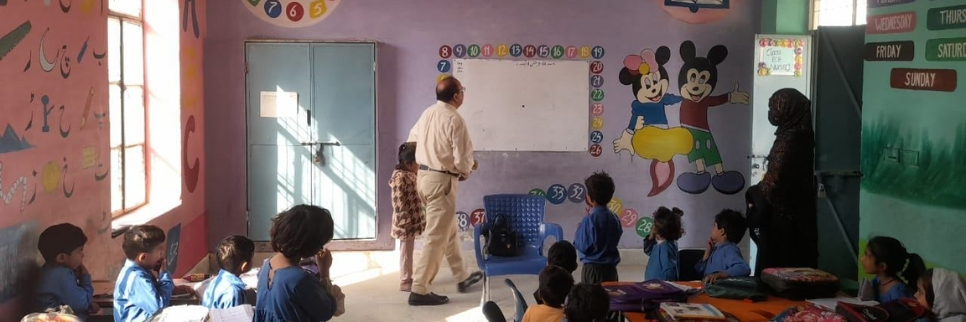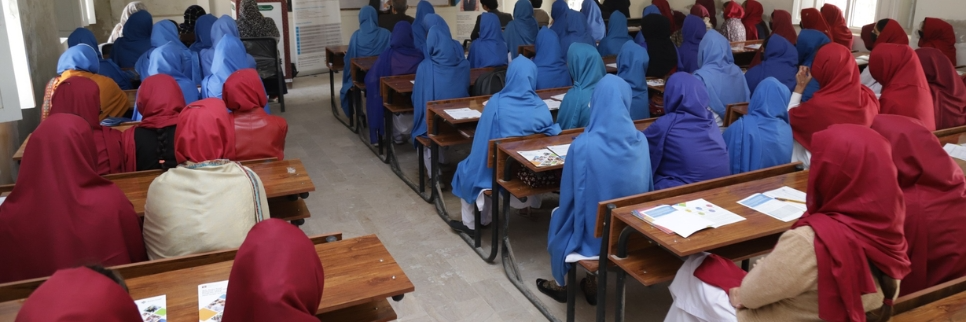Canada Introduces new Work Restrictions on International Students

- October 15, 2024
- 1482
Canada has imposed more limitations on foreign students who wish to work in the country after they graduate, restricting their eligibility to fields of study that are in line with long-term labor shortages.
With effect from November 1, 2024, the Post-Graduation Work Permit (PGWP) program will undergo modifications, according to a statement released by Immigration, Refugees, and Citizenship Canada (IRCC).
The updated regulations reduce the flexibility previously offered in course selection by requiring overseas students seeking study permits after this date to select programs in industries with labor shortages in order to be eligible for a PGWP.
Students who submitted an application or presently possess a study permit before November 1st will remain qualified under the previous regulations. The modifications have no bearing on students pursuing bachelor's, master's, or doctorate degrees.
The five primary sectors of eligibility—agrifood and agriculture, healthcare, STEM (science, technology, engineering, and mathematics), skilled trades, and transportation—will be the only ones open to recent college graduates and students enrolled in non-degree programs. The length of their academic program will match the duration of the work visa. 966 qualifying programs are listed in the IRCC's database.
Post-Graduation Work Permit (PGWP) Program
The PGWP will no longer be available to industries like business, tourism, and hospitality. Additionally, there are new language competency standards that applicants must meet. While college students only need to meet CLB level 5, university students must reach CLB level 7.
For English, approved tests are CELPIP (General), IELTS (General Training), and PTE (Core); for French, approved examinations are TEF Canada and TCF Canada. Test results will be valid for up to two years prior to the application.
Related Article: All about IELTS: How to apply for IELTS in Pakistan.
Teachers' concerns have been raised by these changes. Olds College's Director of Recruitment and International, Karen Dancy, voiced concern over the elimination of hospitality programs and warned that this could negatively impact nearby communities that depend on international students.
The Canadian Bureau for International Education (CBIE) President, Larissa Bezo, expressed similar worries and mentioned the possible harm to recruiting foreign students, particularly for universities and polytechnics.
As to the CBIE report, 70% of overseas students planned to enroll in a PGWP following their graduation in 2023. The new regulations come after Canada's student visa laws were more broadly reformed, which included tougher rules for accompanying family members and a 10% decrease in student visa approvals by 2025.
These modifications, which come after other recent steps including tripling the financial threshold for study visas and demanding documentation of secured housing, are intended to maintain the integrity of Canada's immigration system.
Over 1 million active study permits were awarded in 2023, exceeding government objectives, demonstrating that Canada continues to see an increase in overseas students despite the stricter regulations. China and India continue to be the leading countries of origin for international students.








